Publication Policy
The Journal for Turkish-German Legal Studies is dedicated to maintaining the highest standards of publication ethics and adheres to the Principles of Transparency and Best Practice in Scholarly Publishing, as outlined by the Committee on Publication Ethics (COPE), the Directory of Open Access Journals (DOAJ), the Open Access Scholarly Publishers Association (OASPA), and the World Association of Medical Editors (WAME). These guidelines can be accessed at: https://publicationethics.org/resources/guidelines-new/principles-transparency-and-best-practice-scholarly-publishing.
Manuscripts submitted for publication must align with the journal’s aims and scope. Only those submissions approved by all listed authors and not previously published or under consideration elsewhere will be accepted for review. Any modification to the authorship—such as the addition, removal, or reordering of names—requires written consent from all declared authors.
The journal strictly prohibits unethical practices, including plagiarism, duplicate submissions, misattributed authorship, falsification or fabrication of research/data, salami publication, copyright violations, and undisclosed conflicts of interest. Any manuscript that fails to meet ethical standards will be removed from the publication, even if malpractice is discovered after publication.
Plagiarism
All submissions that pass the initial editorial review are checked for plagiarism using turnitin software. If plagiarism or self-plagiarism is detected, authors will be notified. Editors may conduct additional similarity checks at any stage of peer review or production. Manuscripts with high similarity scores may be rejected, either before or after acceptance. Generally, the overall similarity score is expected to be below 25%, depending on the article type and the sources contributing to the score.
Double-Blind Peer Review
After passing the plagiarism check, eligible manuscripts undergo an initial evaluation by the Editors-in-Chief, who assess their originality, methodology, subject significance, and alignment with the journal’s scope. Manuscripts that meet formal requirements are subjected to a double-blind peer review by at least two national or international referees. The final decision for publication is made after authors revise their manuscripts in accordance with the referees’ feedback.


